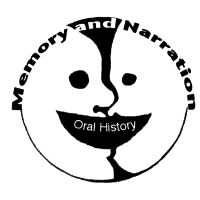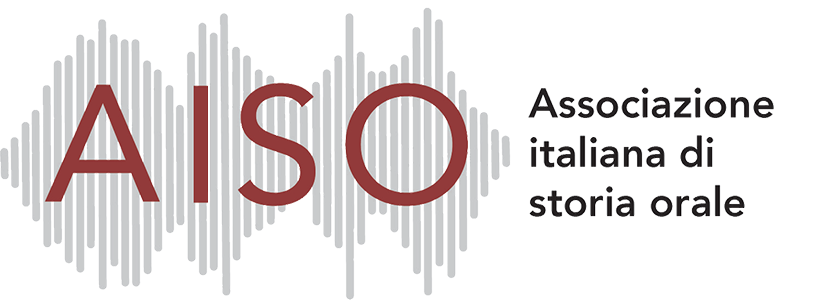 Call for papers
Call for papers
Travelling Memories: Lives in Transition
Helsinki, 27-28 November 2014
Deadline: 26 May 2014
Papers are invited for contributions to the fifth international symposium of the Finnish Oral History Network Travelling Memories: Lives in Transition hosted by the Finnish Literature Society in collaboration with the Academy of Finland. Our intention is to bring together scholars of oral history and life history writing to discuss the travelling of both people and memories across time, place and different media. The invited speakers include Alessandro Portelli (University of Rome Sapienza), Baiba Bela (University of Latvia) and Outi Fingerroos (University of Jyväskylä).
Mass migration and new media are the key characteristics of today’s world. Though people have always moved from place to place, never before has migration in all its forms affected so many people’s lives as it does today. Even when we ourselves do not move mediated memories of people living in diaspora and exile are a part of our everyday life. Travelling is also an essential feature of memory. To stay alive memories must continuously be on the move. Memories move across and beyond territorial and social boundaries from one individual to another, from one media to another, and each time new layers of meaning are added to them.
The program will include keynote lectures, paper sessions and a closing panel. The language of the conference is English. Proposals may be submitted for individual papers or workshop sessions. The proposed papers should focus on individual remembering and methodological aspects related to the topic.
All proposals should include a title and a maximum 250 word abstract (per paper). Proposals for whole sessions should include all abstracts of the suggested papers. Please include with the proposal the following information:
– name (with your surname in CAPITAL letters)
– affiliation
– postal address
– e-mail address
– telephone and fax numbers
Proposals will be evaluated according to their focus on the topic. Please e-mail your proposal as an e-mail attachment by 26 May 2014 to fohn@finlit.fi. The acceptance or rejection of proposals will be announced by 13 June 2014.
The admission to the symposium is 50 € (standard) / 35 € (Concession: students/postgraduates /unwaged).
Registration by 15 September 2014.
Enquiries: fohn@finlit.fi
Anne Heimo
Chair, FOHN
School of History, Culture and Arts Studies
Kaivokatu 12
FI-20014 UNIVERSITY OF TURKU
Katri Kivilaakso
Course Secretary, FOHN
Finnish Literature Society
P.O. Box 259
FI-00171 HELSINKI
Further information: <http://www.finlit.fi/english/research/fohn/index.htm>
